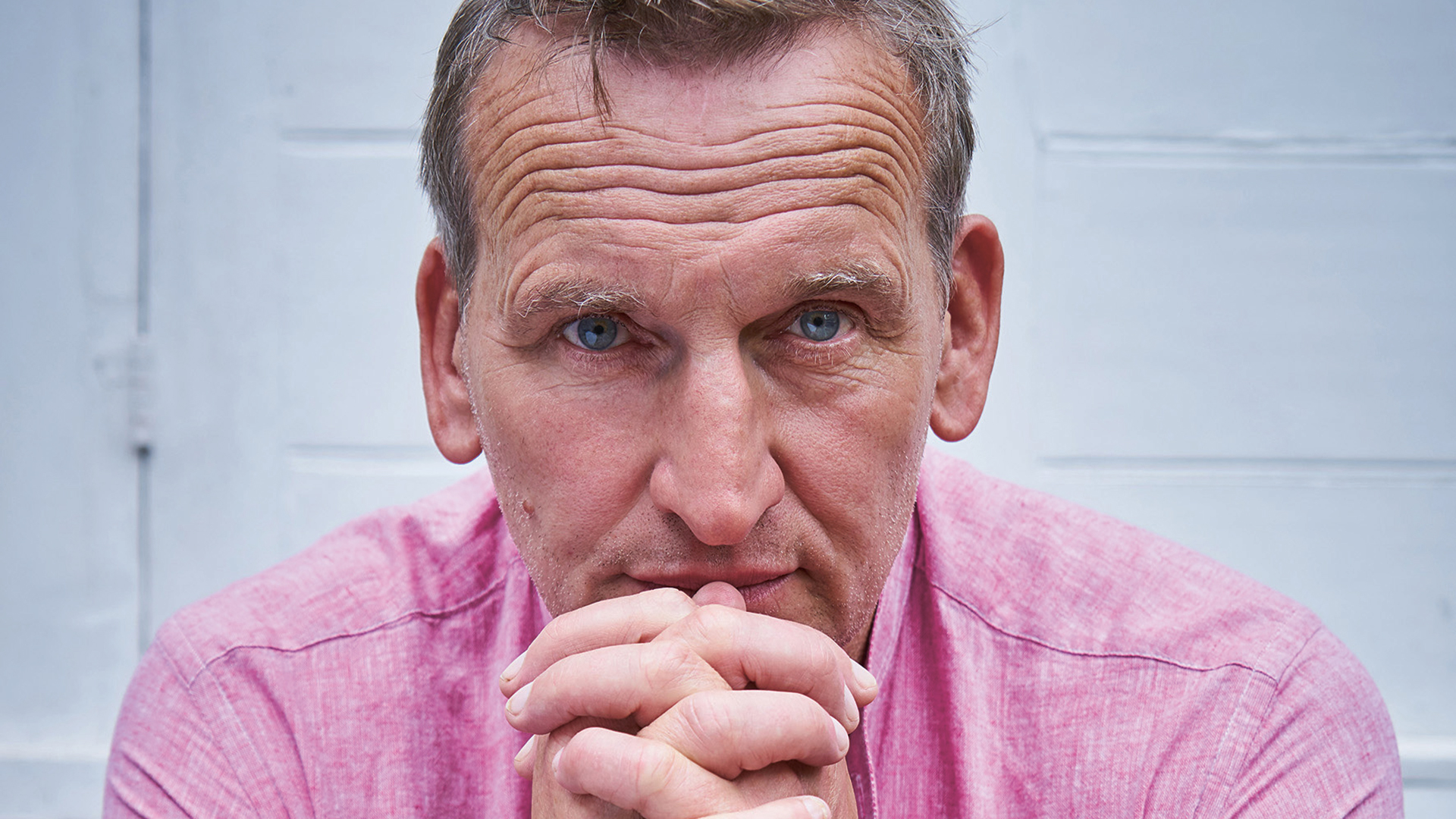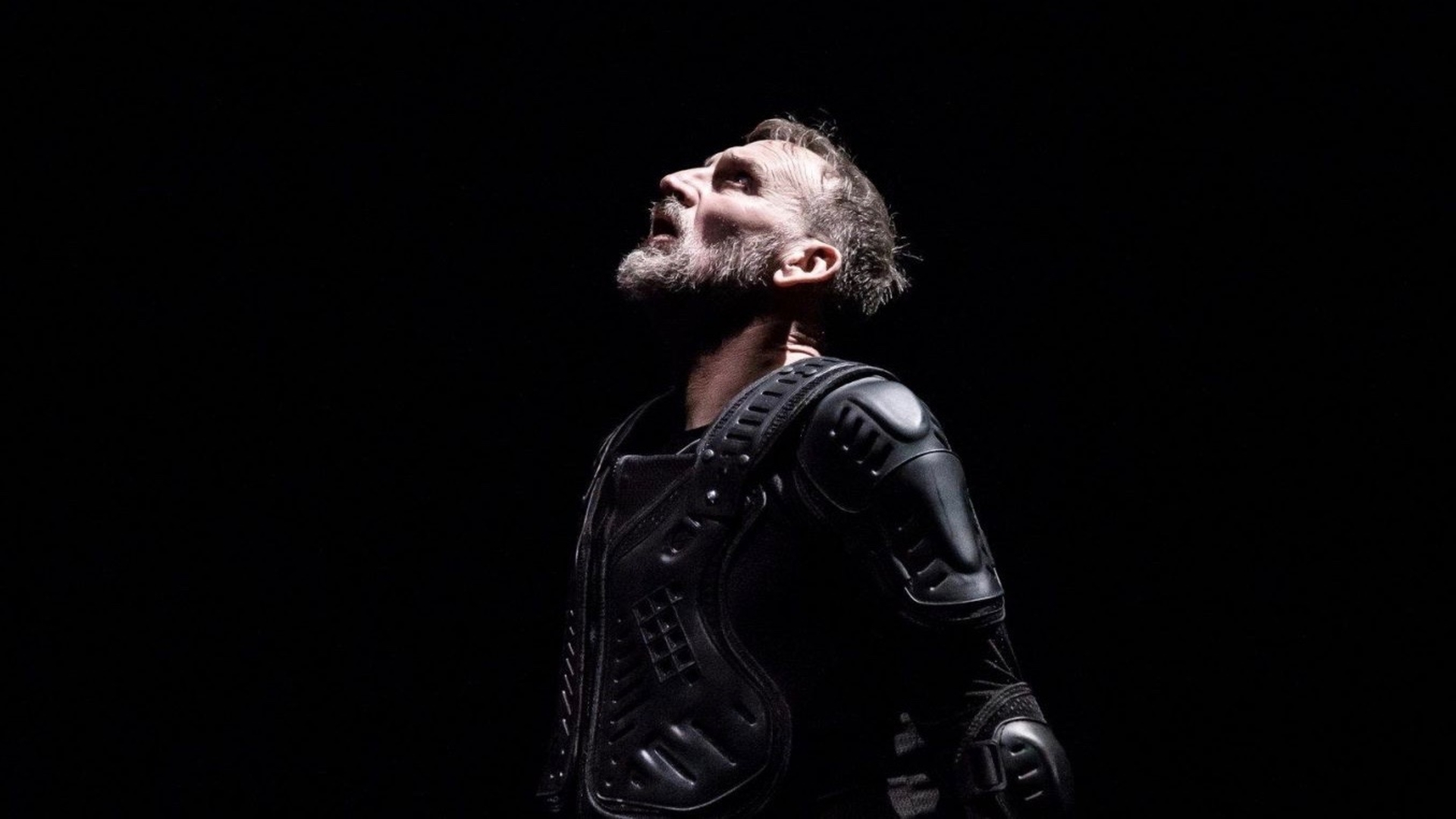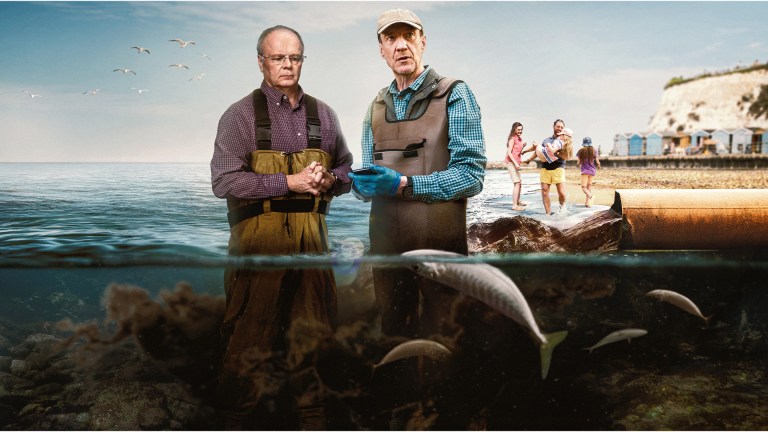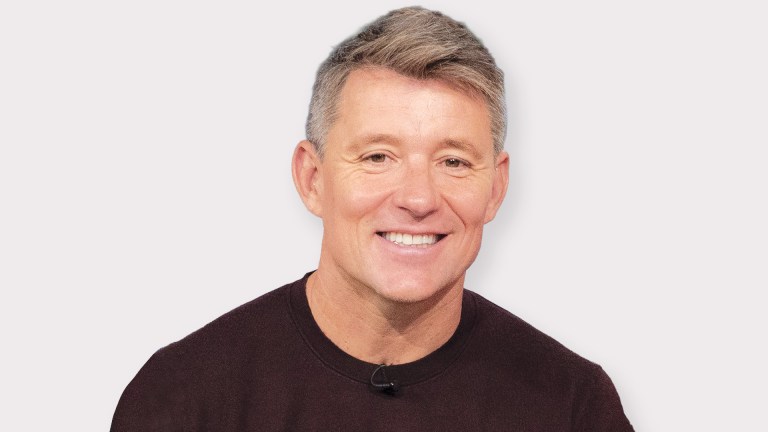I was quite lost at 16. From the age of eight I had very unrealistically, the way many children do, decided I was going to play professional football for Manchester United. But it was clear that was not going to happen. I was very fit and committed and played for Salford Boys, but in big games I would go to pieces. I now realise the failure was useful. I wanted to be a footballer for my dad’s sake. Acting felt more of an original idea. And I think my parents recognised that the offbeat nature of the choice suited this offbeat child of theirs.
I underperformed at school because of peer pressure. Our working-class community had this depressing way of holding each other back. Anyone who did well was seen as part of authority. So I had no idea what to do with my life. This was 1980. We were a year into Thatcher, it was very post-industrial and Joy Division were providing the soundtrack. The great terror was unemployment and it was pointed squarely at working-class people. I would say to my younger self, live in the moment and the future will take care of itself. But when unemployment is looming that is very difficult.
I wanted to get away from what I felt was my fate: a factory, a building site or a warzone. And they said if you want to go further with acting, go to London. I was a strange mix of self-dismissal and raging ambition. Some part of me must have believed in myself, but the larger part was getting in my own way with the anorexia and what Billy Bob Thornton once called ‘the personal radio in his head’. The minute I thought I wanted to be an actor, I also thought, ‘You can’t do this because you are not artistic, you don’t look or sound like an actor, you don’t have a poetic sensibility.’
My ambition was to play Macbeth at the Royal Shakespeare Company. I virtually carried a copy of the play with me from 17 onwards. I could imagine playing the role because he was a soldier, and I could convince you I am a soldier. And I did it. When I did Macbeth [in 2018] I fell off the stage in the third preview and got poor reviews, quite rightly. But you progress and change and improve. I played Macbeth for a year and came out a better actor.
I always felt I was being cast for my cheekbones and physical appearance. Never for a moment did I think my voice was strong, my poetic imagination was original or my interpretation was unusual. So if it meant starving myself, I would keep starving myself. I would tell my younger self you are not too big, you are not too clumsy. Don’t go on this suicidal quest for superficial perfection, because your heart is poetic and your brain is lively.
My whole career has been a letter to my younger self and people from my background. It has been sticking two fingers up to how I was conditioned and it will remain that till the day I die. A great crime was visited on working-class people about art. To me, art is to give a voice to those without a voice. That is when it is urgent. Shakespeare, Milton and Blake? They belong to us more. That is what I feel.










